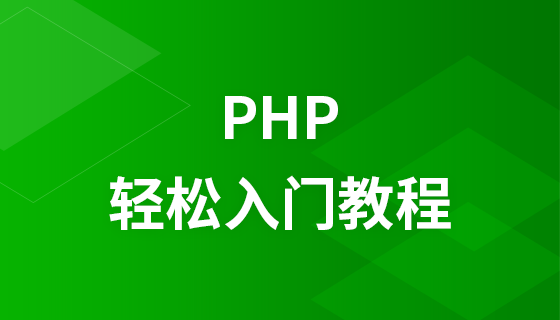
This article brings you a detailed introduction to the use of the json_decode function in PHP. It has certain reference value. Friends in need can refer to it. I hope it will be helpful to you.
We all know that the json_decode function can be used to decode JSON format strings. Our commonly used form is as follows:
<?php $json = 'some_json_data'; $result = json_decode($json, true);
In fact, the json_decode() function has multiple parameters. Depending on the parameters passed in, the behavior of the function will be different.
Decoded data
You may have seen the json_decode() function reporting the following error:
Warning: json_decode() expects parameter 1 to be string, xxx given in
According to the error message, first Each parameter must be of type string. However, the first parameter can actually be of the following three types:
string
null
bool
Depending on the type of parameters, the return value of the function will also change.
Return value
json_decode() function defaults to returning an object if the JSON data is parsed correctly.
But after the second parameter is passed in true or the fourth parameter is passed in JSON_OBJECT_AS_ARRAY, the function will return an array instead of an object if the JSON data is parsed correctly. Please pay attention to the bold text. The json_decode() function returns an object or array when parsing the JSON data correctly, but in some cases the function will return other data:Recursion depth
The third parameter represents recursion Depth, the depth must be greater than 0, otherwise an error will be reported. When the recursion depth is 1, the result is null, so the minimum recursion depth is 2.Decoding options
The fourth parameter is used to set the options:JSON_PRETTY_PRINT will be filled in Some blank characters are put in for easy viewing
JSON_UNESCAPED_SLASHES Do not encode/
JSON_UNESCAPED_UNICODE Do not encode unicode characters, the default is to encode them into \uXXXX
Handle errors
We can also Used in conjunction with the json_last_error function, json_last_error_msg(PHP >= 5.5) function and the @ operator:<?php
$json = 'some_json_data';
$result = @json_decode((string)$json, true);
if (json_last_error() !== JSON_ERROR_NONE) {
throw new Exception(json_last_error_msg());
}The above is the detailed content of Detailed introduction to the use of json_decode function in php. For more information, please follow other related articles on the PHP Chinese website!



